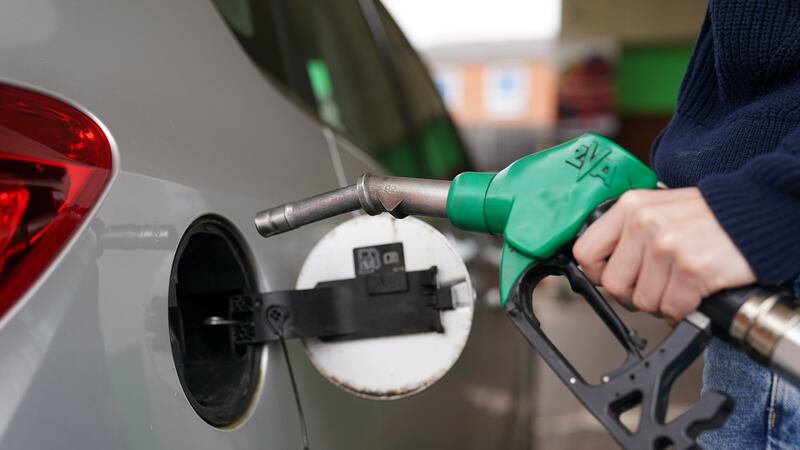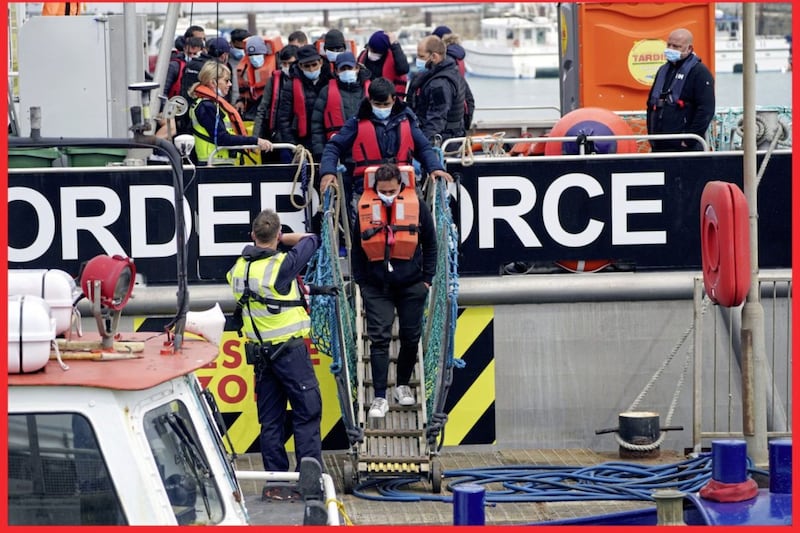I FEEL enormously privileged that I have never suffered from stress in any significant way.
That is not self praise - merely a statement of fact about the temperament that God has given me.
I also know that I have infuriated others because I do not get too excited or too despondent about very much either.
Yet in reading the Bible recently, I have been struck by the high levels of emotion it describes in so many people.
There is the account of Hannah weeping bitterly and in deep anguish because she did not have a son. We read of Jesus weeping over the death of Lazarus, and Peter weeping bitterly after he had disowned Jesus.
In contrast the book of Psalms is full of expressions of joy, an emotion also felt by the parents-to-be of John the Baptist.
However, the passage that has struck me most is in Luke's gospel where Jesus weeps over the city of Jerusalem, even though he is being welcomed into it with great enthusiasm.
He wept anguished tears because he knew what would happen in the not too distant future. The city would face total destruction. And in AD 70, it did.
Jesus was so distressed because the people wanted their freedom to come through a leader who would throw out the oppressive Roman armies.
He, however, wanted to bring a spiritual deliverance, not a military one. The people would not accept that, and so they killed him that first Easter.
Times haven't changed. We still tend to think that politics, power and pressure are the ways to bring heaven on earth.
Yet it is also true that a spiritual revolution does not bring with it any guarantee of national security. However, kingdoms do rise and do fall, and we have seen that happen in the rise and fall of communism and fascism in Europe even within living memory.
So I ask myself: what are the proper emotions for me as a committed Christian in these troubling and unsettling times?
I do sense an increasing urgency to pray for our leaders in London, Dublin and Belfast as they navigate their way through the complexities of Brexit and the future of government both north and south of the border - not least, because, like so many others, I am weary of the constant round of elections and negotiations.
Alongside this, however, I have an increasing anxiety that God's people are becoming ever more influenced by political opinions than by the guidance and teaching of Scripture.
In scanning a voting paper, or even in the decision to vote or abstain, what exactly should I be looking for?
My current thinking is that I should seek to discern who are the wisest candidates who can contribute well to the enormous complexity of governing today.
It is all too easy to view leaders in politics, in the church, and in wider society as people who are strong, opinionated and able to get what they want.
The Bible's understanding of godly wisdom is however very different, and in stark contrast to human wisdom, as we find in James 3:13-17: "Who is wise and understanding among you? Let them show it by their good life, by deeds done in the humility that comes from wisdom... But the wisdom that comes from heaven is first of all pure; then peace-loving, considerate, submissive, full of mercy and good fruit, impartial and sincere."
The Scriptures assert clearly that leaders who are guided by Godly wisdom have great personal qualities.
This does not imply that their political beliefs are correct. Indeed, they may actively promote policies that are poor, misplaced or even wrong.
Christians have no monopoly of wisdom on Brexit, economics, defence, agriculture, fisheries policy, devolution or justice.
So, each time I go to vote, I think I need to carefully work through the best balance between the personal qualities of the candidates, as far as I can know them, and the policies they are promoting.
In doing so, I also need to recognise that like each of them, I am a fallen creature in a fallen world, so my judgment is far from perfect too.
I am also increasingly longing to see progress in the political realm paralleled, or even exceeded, by a spiritual revolution.
I don't want more 'church', but I do long that there might be more who are the modern day equivalents of the men of Issachar in 1 Chronicles 12 who "understood the times and knew what Israel should do".
My longings are not causing me to weep or lose sleep. Maybe they should.
But my heart, mind and soul are being stirred in ways that are quite new to me - and that, in a strange sense, is bringing me a huge amount of joy, as well as an increasing amount of angst.
- The Very Rev Dr Norman Hamilton is convenor of the Presbyterian Church's Council for Public Affairs. He is a former moderator of the Presbyterian Church in Ireland. With thanks to the Presbyterian Herald.








